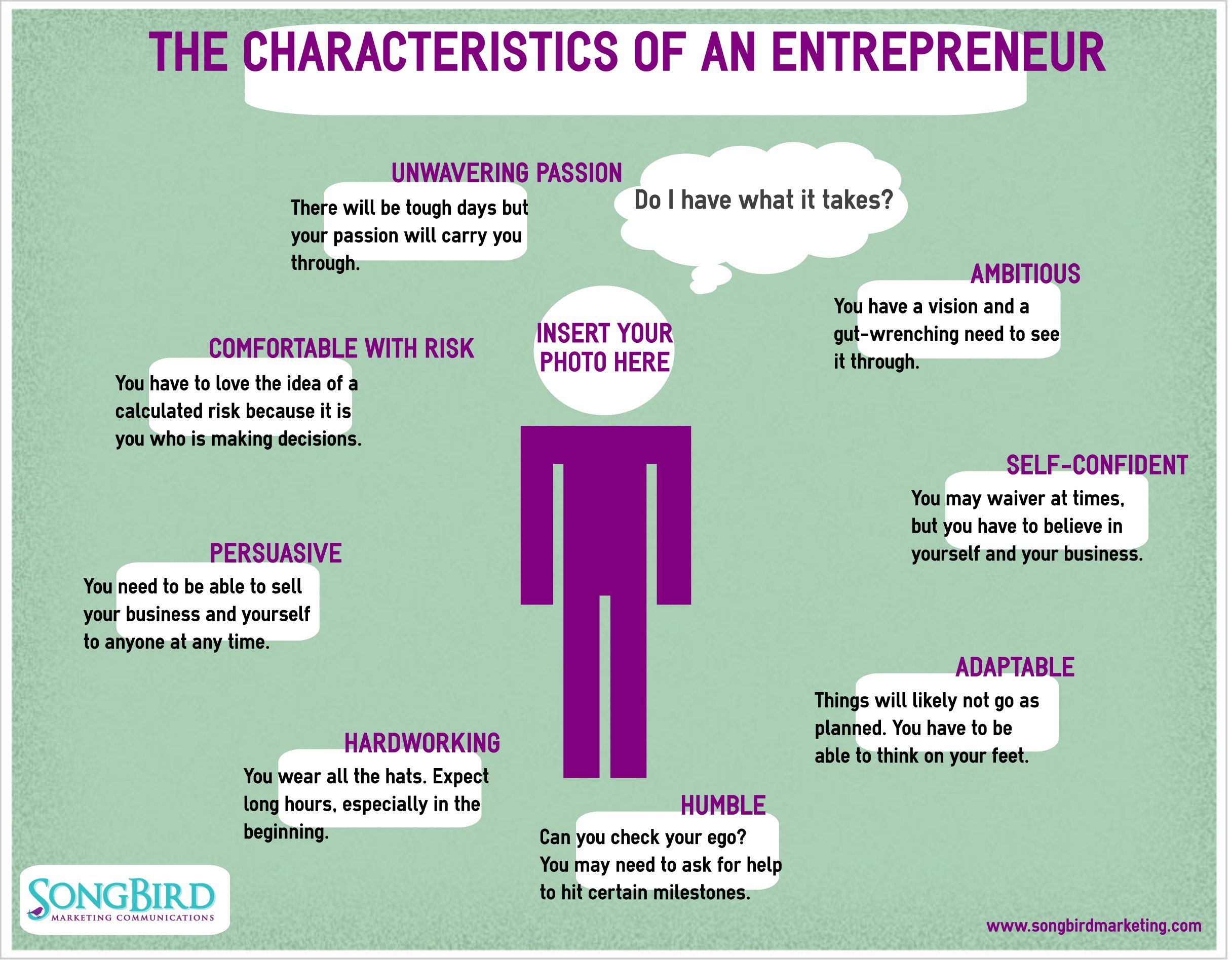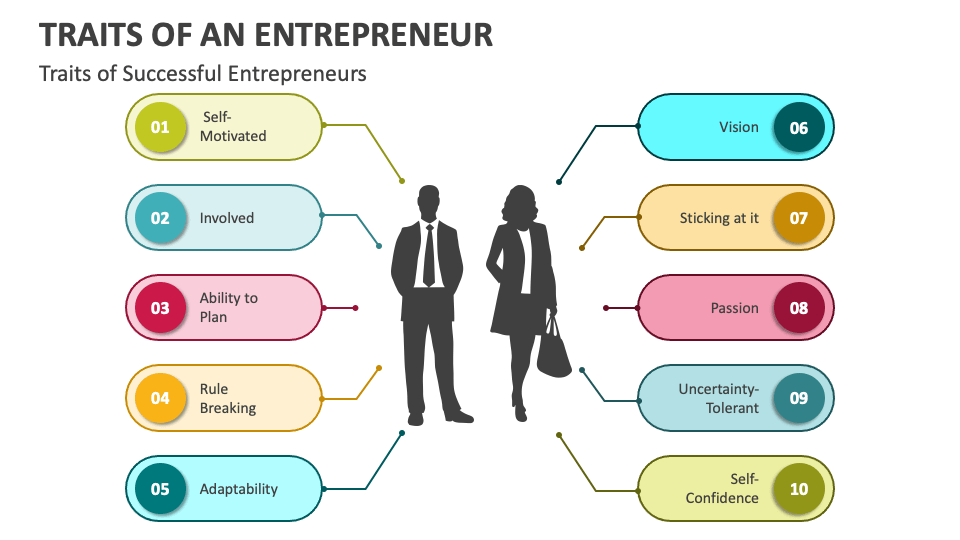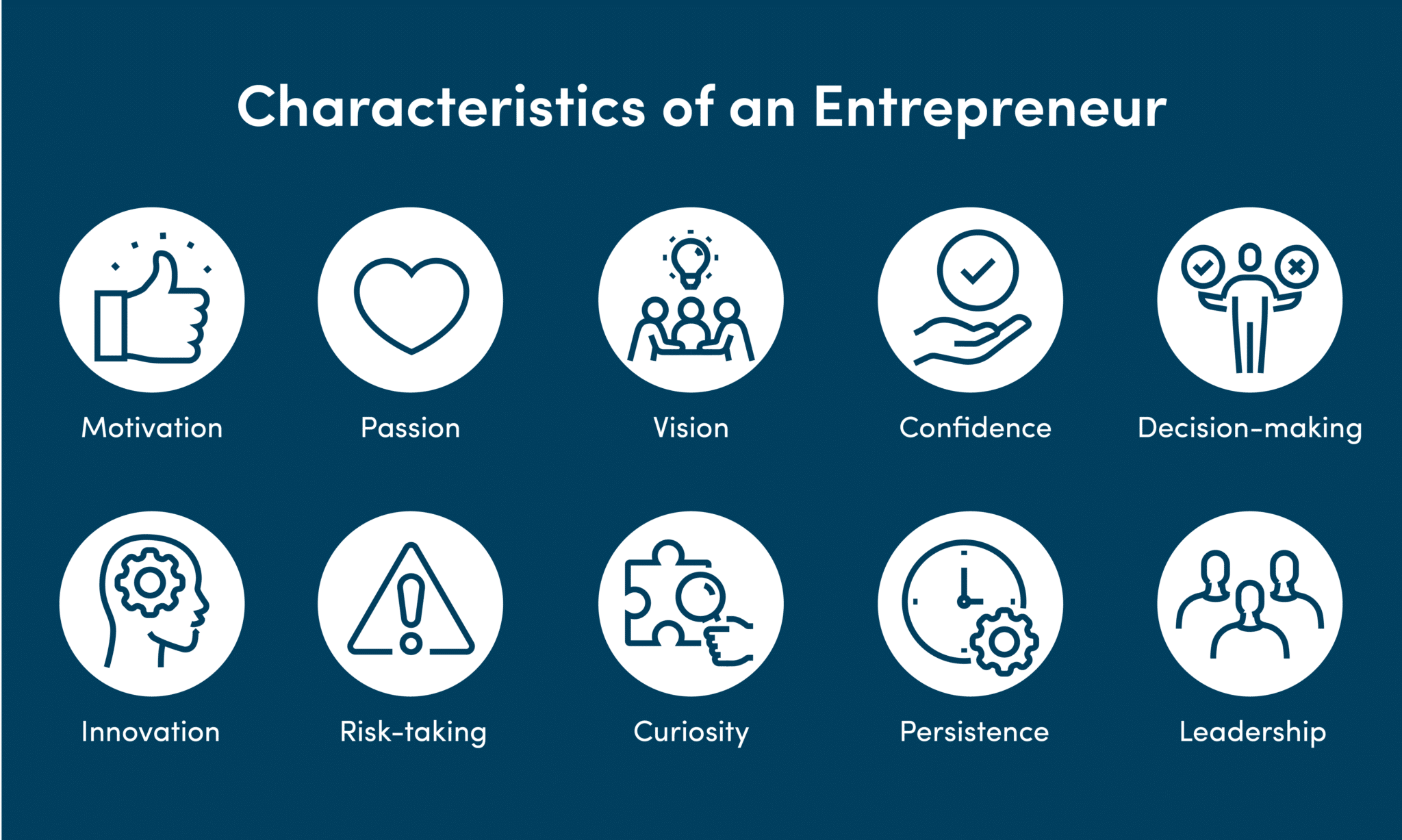A Common Characteristic Of Entrepreneurs Is

In the bustling world of startups and innovation, entrepreneurs are often painted with broad strokes of creativity and risk-taking. However, beneath the surface of these well-known traits lies a more fundamental characteristic that consistently emerges across successful ventures: grit.
Grit, defined as perseverance and passion for long-term goals, is increasingly recognized as a crucial determinant of entrepreneurial success. It's the engine that drives individuals through the inevitable challenges, setbacks, and uncertainties that accompany building a business from the ground up. It's not just about having a brilliant idea; it's about the relentless dedication to see it through.
The Science of Grit
Research by psychologist Angela Duckworth, a leading expert on grit, has demonstrated its predictive power across various domains, including education, sports, and business. Her work highlights that grit is a more reliable indicator of success than factors like IQ or talent alone. Duckworth's Grit Scale has become a widely used tool for measuring an individual's level of perseverance and passion.
A study published in the Journal of Business Venturing supports Duckworth’s findings, indicating a strong correlation between entrepreneurial grit and venture performance. Entrepreneurs with high grit scores were more likely to persist through difficult times, adapt their strategies as needed, and ultimately achieve sustainable growth for their companies.
"Grit is sticking with things over the very long term until you master them." - Angela Duckworth
Grit in Action: Real-World Examples
Consider the story of Sara Blakely, the founder of SPANX. Blakely faced countless rejections and obstacles in the early stages of her company. From manufacturing challenges to securing distribution deals, she encountered numerous setbacks. However, her unwavering determination and refusal to give up ultimately led to the creation of a billion-dollar brand.
Another example is Elon Musk, whose ventures, Tesla and SpaceX, are known for pushing the boundaries of innovation. Musk's journey has been far from smooth. Both companies faced near-bankruptcy at different points. His relentless pursuit of ambitious goals, despite immense pressure and public scrutiny, embodies the essence of grit.
How Grit Can Be Cultivated
While some individuals may be naturally more resilient than others, grit can be cultivated and developed over time. Experts suggest several strategies for fostering grit.
First, identify and embrace a growth mindset. Believe that your abilities and intelligence can be developed through dedication and hard work. Second, set realistic and achievable goals. Break down large tasks into smaller, manageable steps to avoid feeling overwhelmed. Third, learn from failures and setbacks. View them as opportunities for growth and improvement, rather than reasons to give up. Finally, cultivate a sense of purpose. Connect your work to something larger than yourself, which can provide motivation and resilience in the face of challenges.
Impact on Society
The prevalence of grit among entrepreneurs has significant implications for society as a whole. Gritty entrepreneurs are more likely to create innovative products and services, generate jobs, and contribute to economic growth. Furthermore, their resilience and determination can inspire others to pursue their own goals, fostering a culture of innovation and achievement.
As the business landscape continues to evolve, the importance of grit will only increase. Entrepreneurs who possess this essential quality will be better equipped to navigate the complexities of the market, overcome challenges, and ultimately build successful and impactful businesses. The focus on developing grit can lead to stronger entrepreneurial ecosystems, fostering innovation and economic prosperity for communities around the world.


















